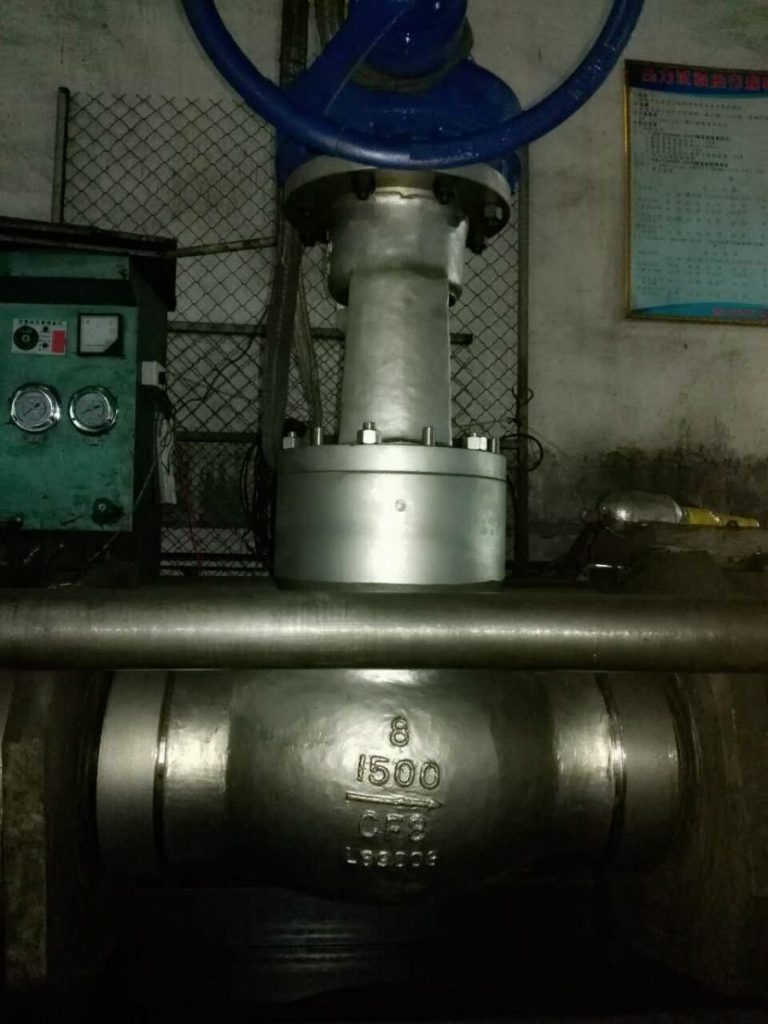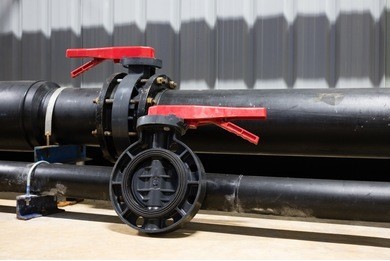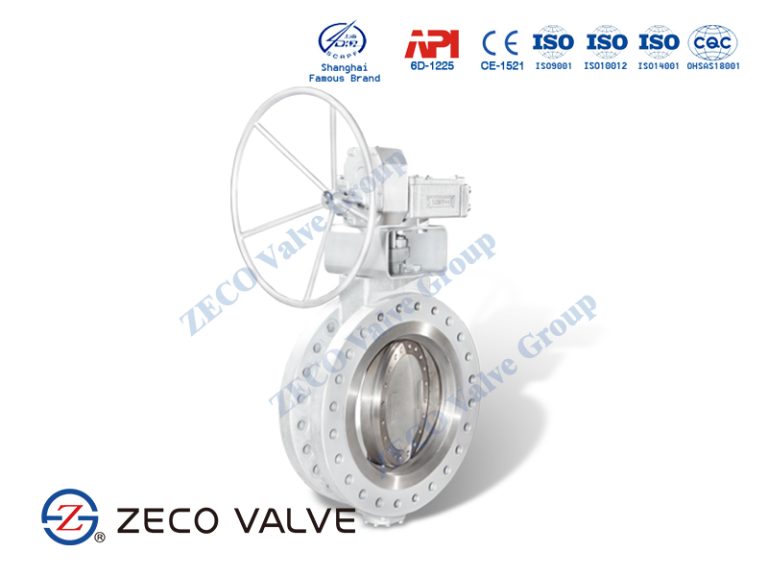Working Principle of Constant Pressure Control Valve | ZECO Valvewedge gate valve
Constant Pressure Valve
With both opening and closing valve parts being aligned along a single axis, the pilot valve performs excellent pressure control under any condition.
The unique closure mechanism realizes complete water shutoff performance. The set outlet pressure is maintained even in the fully closed condition, therefore costs for pipes on the downstream side of the valve can be reduced.
The pilot valve does not have any minute, fixed restriction passage like a needle valve, and is therefore clog-resistant.
And, even if clogging by foreign material occurs, the built-in self-cleaning mechanism causes the clogged valve part to open automatically to remove the foreign material.
Due to its simple construction, troublesome adjustments are unnecessary. Being excellent in durability and practically maintenance-free, using this valve reduces maintenance costs.
Specifications of Constant Pressure Control Valve
- Inlet pressure (Primary pressure)
Max. 1MPa (For JIS 10K standard) - Outlet pressure (Secondary pressure)
50kPa or more - Pilot Valve type
2nd pressure is Max. 0.7MPa : PLV (diaphragm type)
2nd pressure is more than 0.7MPa: PLV-H (piston type) - Set pressure adjustment range
+/- 70kPa - Operating differential pressure
50kPa or more
Constant Pressure Control Valves Manufacturer
Constant Pressure Pump Control Valve “City Like Pressure”, which helps reduce rapid pump cycling and maintains a pre-set operating pressure. It provides proven pump cycling protection for water well systems, irrigation, and booster systems and is designed to stop rapid pump cycling, save electricity, and eliminate water hammer while providing a constant pressure regardless of water flow.
Components of Constant Pressure Control Valves
- Constant Pressure Adjustment: There is a hole in the middle of the part. The high pressure in the bottle is injected into the constant pressure chamber through the hole. The constant pressure can be controlled by adjusting the distance between the part and the constant pressure gasket.
- Constant pressure gasket: The function is to block the middle hole of the constant pressure adjusting bolt. The high pressure in the bottle passes through the middle hole of the constant pressure adjusting bolt, flows through the gap between the valve body and the constant pressure valve core, and enters the core central hole. Finally, it reaches the air chamber. With the pressure increasing gradually, the constant pressure valve core is pushed in the direction of the constant pressure-adjusting bolt. When the pressure reaches a certain value, the constant pressure sealing gasket connected with the valve core is tightly blocked. Hold the constant pressure-adjusting bolt to achieve the goal of constant pressure.
- One-way valve ball: This ball acts as a stopper when exhausting and prevents high pressure in the bottle from entering the gas chamber. When filling, open to let external high-pressure gas into the cylinder
- Exhaust hole: This hole is used to eliminate the “breathing” gas flow caused by the rapid movement of the spring part of the constant pressure valve core.
- Limit card: to prevent the constant pressure valve core from falling into the air chamber.
Working Principle of Constant Pressure Control Valve
The outlet top rod is pressed into the chamber-open valve top rod opening-seal gasket leaving the valve body-vent air discharging-chamber pressure decreasing-constant pressure core moving to the chamber under spring action-constant pressure seal gasket leaving the constant pressure regulating bolt-cylinder high pressure enters the chamber-open valve top rod closing-chamber pressure increasing-constant pressure valve core gradually pushing to the constant pressure regulating bolt-pressure to reach the value of * Constant pressure gasket to block the middle hole of constant pressure adjusting bolt… Complete constant pressure.


